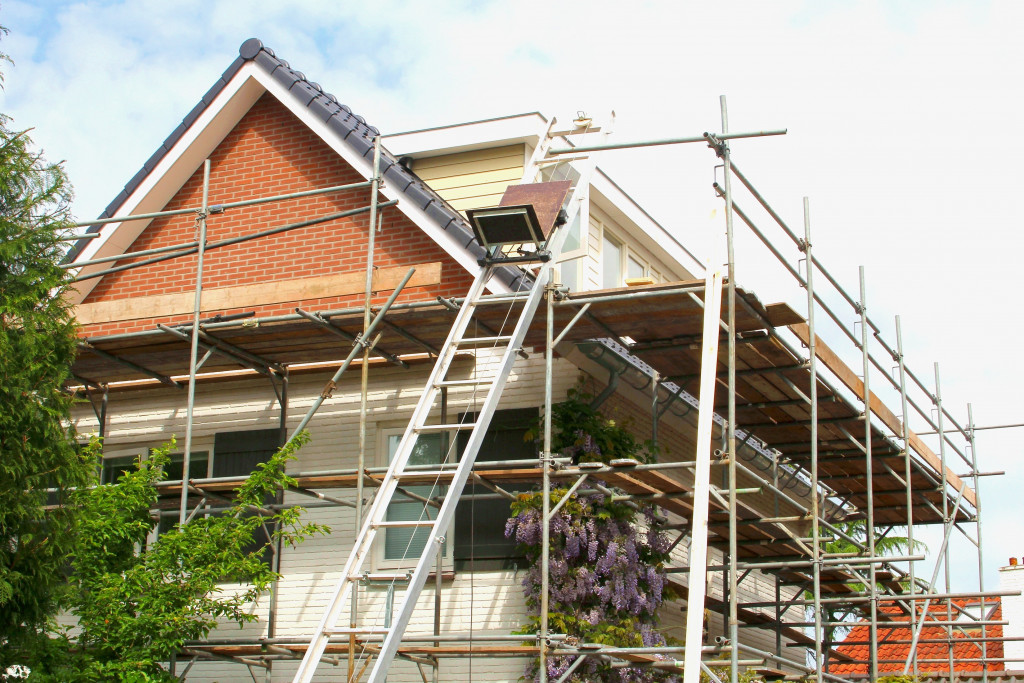Ways To Save Money When Buying a House

For most people, buying a house is the biggest purchase they’ll ever make. It’s also a huge financial responsibility. If you’re not careful, the costs associated with purchasing and owning a home can quickly add up.
Fortunately, there are ways to save money when buying a house. By following the tips below, you can keep your costs down and avoid financial stress down the road.
Hire a real estate agent
One of the first things you need to do when buying a house is to hire a real estate agent. Find an agent that you trust and that has your best interests in mind. However, you also need to find one willing to work within your budget.
There are a few ways to find a real estate agent. You can ask family and friends for recommendations. You can also search online or contact your local real estate board. Once you’ve found a few agents, interview them to see if they’re a good fit for you.
When hiring a real estate agent, be sure to ask the following questions:
- What is your commission rate?
- How long have you been working as a real estate agent?
- Do you have any experience in the market where I am buying a house?
- What type of home do you specialize in?
- Can you provide me with references?
Don’t be afraid to negotiate
One of the best ways to save money when buying a house is to negotiate with the seller. Remember, the asking price is not set in stone. There is usually some wiggle room, especially if the property has been on the market for a while.
If you’re unsure how to negotiate, ask your real estate agent for help. They will likely have experience negotiating on behalf of other clients. When negotiating, be sure to keep the following in mind:
- The seller’s bottom line may not be the same as the listing price. The seller may be willing to accept a lower offer if it means they can avoid the hassle of dealing with repairs or making additional changes to the property.
- You don’t have to offer the full asking price. In many markets, it’s common to start at 5-10% below the asking price.
- Be prepared to walk away if you can’t reach an agreement. If the seller isn’t willing to budge on price or terms, you may need to move on to another property.
Get a home inspection
Before you buy a house, have it inspected by a professional. This will give you an idea of any repairs that need to be made before you move in. It can also give you negotiating power if there are major issues with the property.
While a home inspection isn’t required, it’s generally a good idea to get one. Be sure to hire a qualified inspector and ask them to look for any potential problems, such as:
- Structural issues: like problems with the foundation, walls, or roof
- Water damage: like leaks in the plumbing or windows
- Pest infestation: like termites, ants, or other pests
- Electrical issues: like outdated wiring or electrical panels
- HVAC issues: like problems with the furnace, air conditioner, or ductwork
Consider buying a fixer-upper

If you’re not picky about your home’s appearance, you may want to consider buying a fixer-upper. This is a house that needs some work, but it can be a great way to save money.
Fixer-uppers are typically cheaper than move-in-ready homes. This is because you’re taking on the cost of repairs and renovations. However, if you’re handy or don’t mind doing some work, a fixer-upper can be a great deal.
Be sure to factor in the cost of repairs when considering a fixer-upper. You may also want to get a home inspection to get an idea of the work that needs to be done.
When choosing a fixer-upper, consider the following:
- The condition of the property: Is the house structurally sound? Is it in need of major repairs?
- Your budget: How much money are you willing to spend on repairs?
- Your skills: Do you have the skills to do the repairs yourself? Or will you need to hire a contractor?
- The location: Consider how close the house is to stores, schools, and other amenities.
Ask the seller to pay closing costs
When you’re buying a house, the buyer is typically responsible for paying closing costs. These are the fees associated with the sale of the property, such as the real estate agent’s commission and title insurance.
However, you can ask the seller to pay your closing costs when you make an offer on the property. This can be a great way to save money, especially if you’re tight on cash.
When asking the seller to pay your closing costs, include this in your offer. You can also ask for other concessions, such as a home warranty or pre-paid repairs.
Remember, the seller is not required to agree to your request. But it’s always worth asking.
Purchasing a home is a major financial responsibility, but it doesn’t have to be an overly expensive one. By following the tips above, you can save money on your purchase and avoid unnecessary costs down the road. With a little planning and some smart decision-making, buying a home can be an affordable and enjoyable experience.




